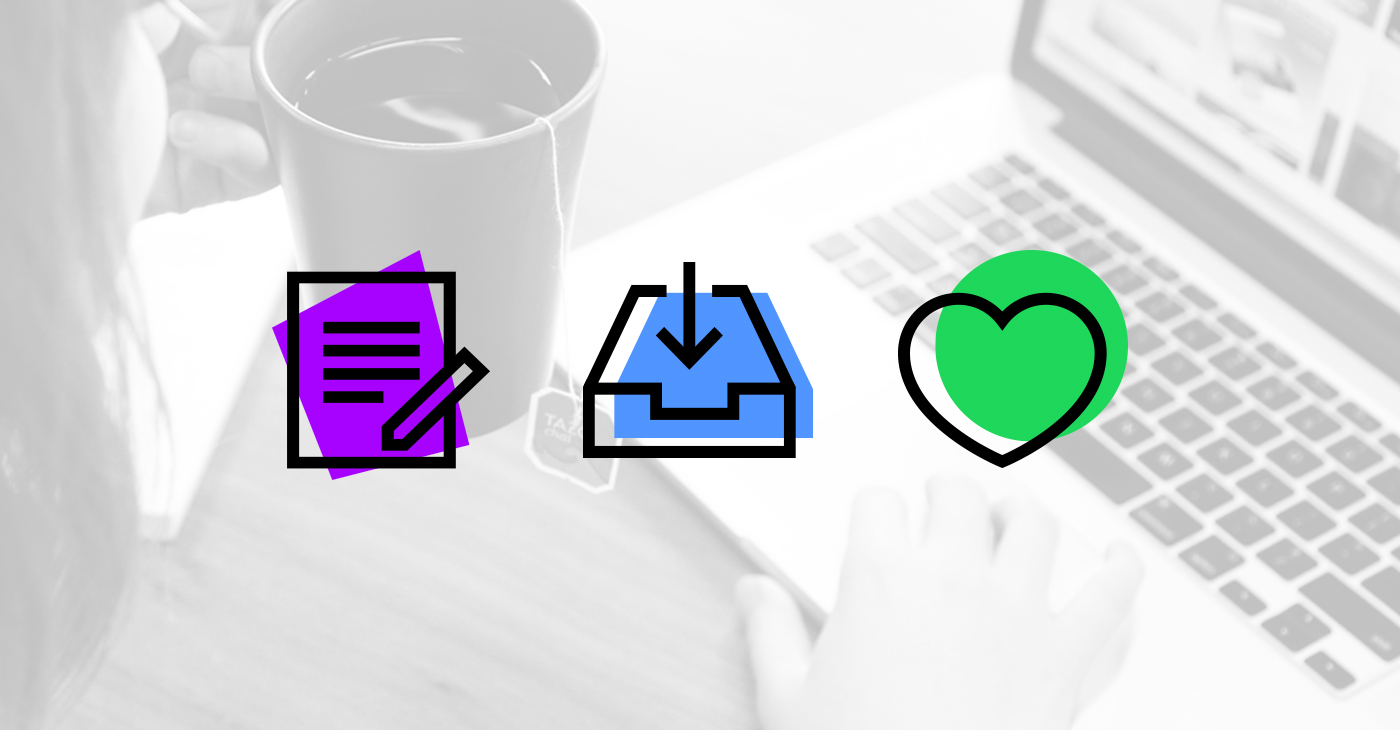My cousin Frank and I have had great debates the last few weeks over which phone is better, iPhone or Android. Frank recently left iPhone after 4 years of dedication because he felt he was too locked down. He wanted his freedom of tinkering around. My thoughts are this: After reviewing the below information, you have two kinds of people in this world. You have those that love to play and waste time by learning new things (which is where I used to be for 20 years being a PC guy). Then you have the business minded folks that say time is money and just give me something that works and won’t break (Apple).
I converted 2 years ago to all Mac because of the iPhone. I like the simplicity of it and the ease of use. I also felt that after spending 5 years in running a computer service and repair company, 99% of those computers serviced were all PCs and they were slow or infected with a virus.
This is the way I see an Android phone. You have various different hardware manufactures of the same OS. An iOS device or Mac is locked to their hardware only and sold and supported by Apple. Less variations means less problems. Granted they may be more expensive, but in the long run after time wasted and fixes, did it really cost more? It was also brought to my attention that Apple still supports their 4 year old phones with updates whereas Android manufacturers dump their phone support after a year or so. Valid point!
iPhone vs. Android: Which Has the More Practical Phone OS for Business?
There has been a hot debate between iPhone vs. Android phone users regarding which one is more practical for a business user. We can all agree that these devices are both awesome in terms of features and apps that can be downloaded from their stores. Also, they are capable of handling various tasks that can bring about convenience and efficiency to a user, which can be very advantageous for business. However, being from two different manufacturers, there are certainly some differences between the two.
To start with, let us discuss their basic pros and cons:
1. iPhone
Pros: The iPhone has established itself longer than any smart phones available today. It was released by Apple in 2007. It features a sleek and thin design that enables its user to carry it around conveniently. The main factor that makes iPhone preferable to most users is its user-friendly features. This is because users can easily figure out how to operate its system without any trouble at all. The virtual keyboard is also easy to use. iPhone offers many apps as well, which are downloadable through Apple Store. What stands out from the new version of iPhone (the iPhone 4) is its 960 x 640 retina display with a 329 PPI that enables it to provide crisp details. The security features of this device are tighter as compared to others, which are more prone to malware attacks.
Cons: Some apps offered by Apple are expensive, and modifying its OS will automatically void its warranty. In some countries, it is restrictive in terms of network. For instance, in the US, this is only available for AT&T subscribers. Until recently, Apple opened up the iPhone to CDMA providers (Sprint, Verizon and some prepaid phone carriers).
2. Android
Pros: The Android unit is, by far, cheaper than the iPhone. The apps offered by Android are also cheap. Much like the iPhone, it is thin and sleek in design but most come in smaller length than its counterpart. What makes this stand out against the iPhone is that its OS is available to multiple computer hardware. A good thing about this device is that its manufacturer actually allows users to modify its OS up to a certain extent without compromising its warranty, which makes it more customizable than the iPhone. The new Samsung Galaxy Note has a screen that stands out as well with an 800 x 1020 resolution.
Cons: One of the common problems of an Android user is that its smaller units have virtual keypads that are very tiny, which make typing messages quite a hassle sometimes, especially to people with thicker fingers. Then for first time users, some may find its menu more complex than its counterpart. The screens of some units also appear smaller and its edges somewhat warp or distort the images displayed in full screen. A recent issue with this device is it appears that the Android market sometimes doesn’t test or examine the apps it offers, which resulted in the presence of a malware in the online store.
The Verdict
Based on the presented pros and cons of the iPhone and Android phone, in terms of simplicity and ease of use, the iPhone definitely stands out. The screen quality of the iPhone also remains unbeatable in terms of crispness of the details. Plus, the iPhone’s security features are harder to breach. However, in terms of cost efficiency and customization, Android stands out.
Overall, the iPhone is very much recommended for business users, especially the iPhone 4, based on convenience, display quality and security. However the choice of business users may vary depending on the needs of the business or the user. This is because if the basis of selection is cost efficiency and customization, Android is recommended especially the Samsung Galaxy Note.
I currently own the iPhone 4. What phone will I purchase next? I want to see what happens with iPhone 5. This will determine where I will make my next purchase. Honestly, I’m betting my trust that Apple streamlines everything at a need to know basis and I’m OK with patience and not getting all the goods at once.









